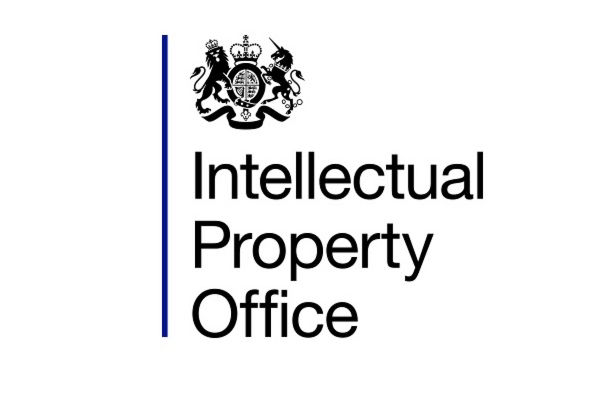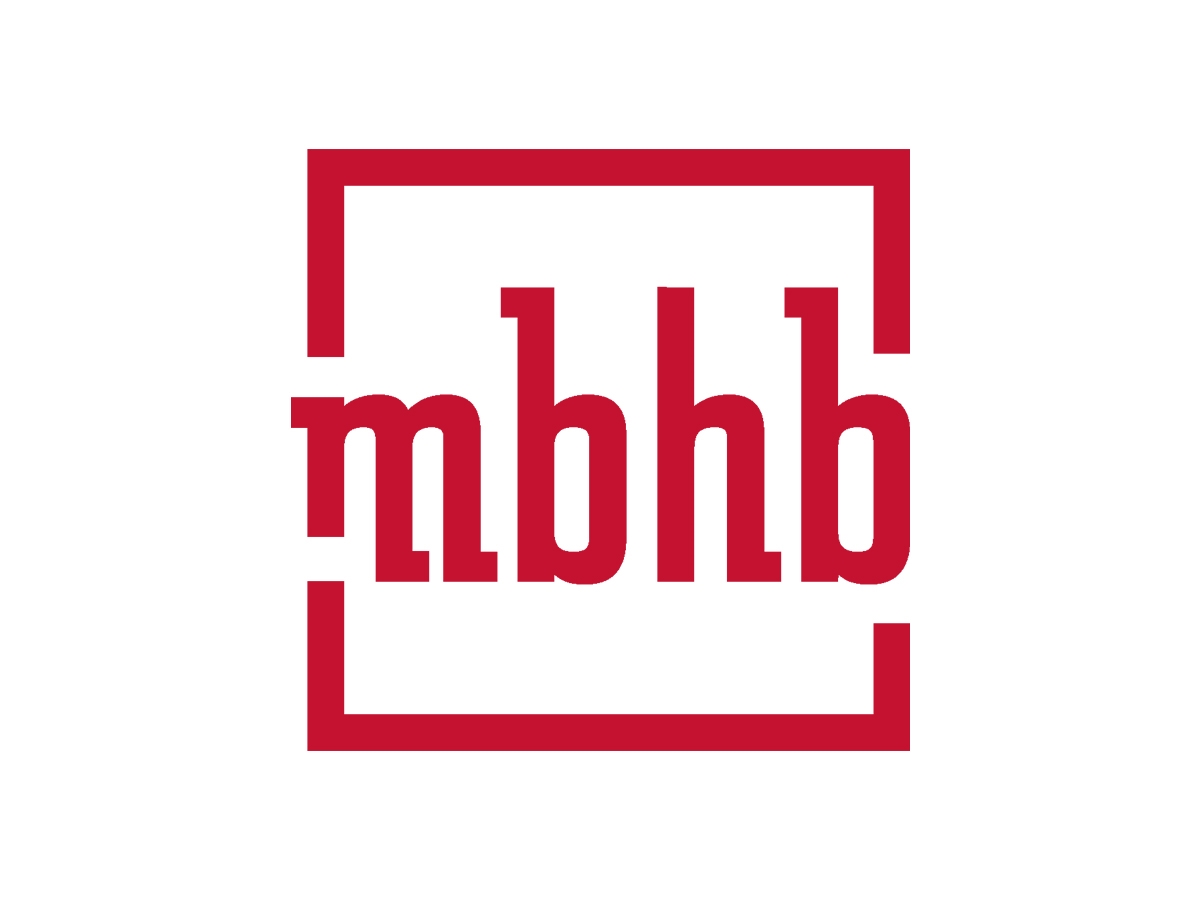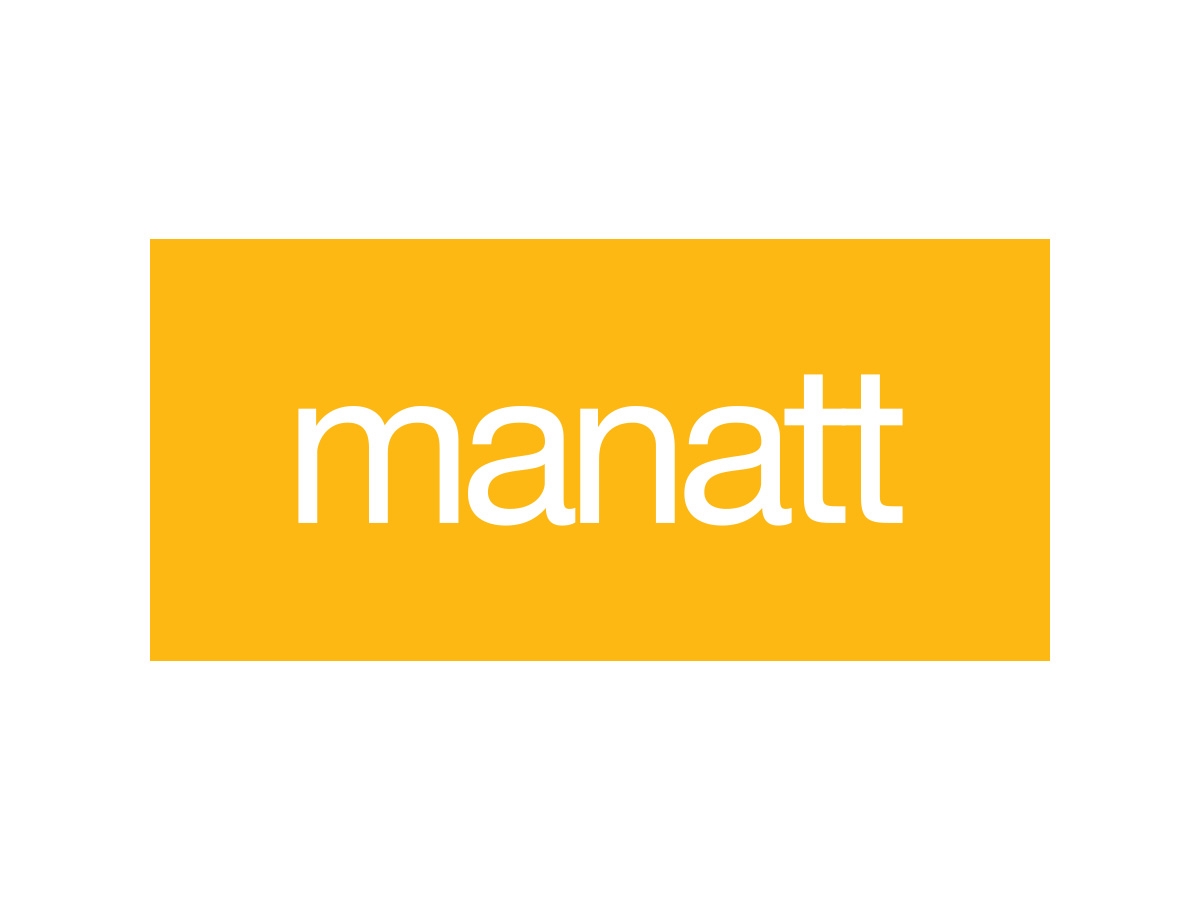UKIPO’s Summary of Responses to Call for Views on SEPs Underscores Deadlock Between Innovators and Implementers
“The IPO believes that standards and standard essential patents will be of growing importance to the UK economy, and the government’s ambition for the UK to be a science and technology superpower and innovation hub by 2035.”
On Wednesday, July 5, the United Kingdom Intellectual Property Office (UKIPO) released a summary of the responses it has received to its request for views on whether the country’s system for standard essential patents (SEP) is functioning properly. The goal of the request for comments and the subsequent report is to determine whether the UK government needs to make policy changes in this area.
The Office received comments on a variety of topics related to SEPs, including the balance of the system, competition, transparency, patent litigation, and more. While both SEP holders and implementers reported problems in the system, the UKIPO found that there was little consensus among stakeholders as to the efficiency of the system and whether government intervention was needed.
“SEP holders and implementers often advance[ed] opposing arguments in response to the questions posed,” wrote the Office.
The report is part of the UK’s broader strategy to become a bigger player in the innovation and intellectual property space in the wake of the country’s departure from the European Union.
“The IPO believes that standards and standard essential patents will be of growing importance to the UK economy, and the government’s ambition for the UK to be a science and technology superpower and innovation hub by 2035,” wrote the Office.
At an IPWatchdog panel in 2022, Kayleigh Nauman, Intellectual Property Attaché for North America at the UKIPO, said the UK is “looking with fresh eyes at how it fits into the global landscape now that we no longer are part of the EU.”
Balance and Competition
Much like elsewhere, stakeholders provided mixed opinions in the first two categories: balance and competition. The UKIPO reported that some that the current SEP system was imbalanced, however, some thought it was imbalanced in favor of SEP holders and others felt the imbalance tilted toward implementers.
With that said, the Office relayed that many stakeholders believed a balanced system is essential to supporting innovation and competition. Several commenters offered solutions, including patent pools.
Some respondents were content about the state of competition and the SEP market, but some believed that fair, reasonable and non-discriminatory (FRAND) requirements limited SEP holders from realizing their full market potential. Once again, SEP holders and implementers disagreed about who has more power, in this instance on FRAND terms.
Analysts and stakeholders have been keeping a close eye on the UK and Europe when it comes to FRAND terms, with several high-profile cases impacting the course of SEPs. On Tuesday, the UK Court of Appeal affirmed a lower court ruling that determined Apple infringed on two SEPs from Optis Technology. The UK judge found that Apple needed a license to an Optis portfolio that would set Apple back an annual royalty fee of just over $5 million.
Patent Infringement and SEP Litigation
Infringement and SEP litigation were also on the agenda for the UKIPO in its search to revitalize its IP system. While some stakeholders reported that the UK patent system works well for them, both SEP holders and implementers complained to the Office that the high rate of litigation was a burden that opened up companies to financial problems.
This high rate of patent litigation was in part caused by the determination by SEP holders that the UK is a favorable destination as it is perceived as friendly to SEP holders. Several respondents specifically cited the landmark Unwired Planet ruling, which confirmed that the UK can determine FRAND terms for worldwide patent licenses.
However, there is also disagreement on this front among analysts and respondents. In a 2022 IPWatchdog panel, Dr. Thomas Gniadek of Simmons & Simmons said that German courts were still a superior jurisdiction for SEP holders compared to the UK. Additionally, many implementers said national courts should not be allowed to determine licensing terms that applied around the globe.
SEP holders and implementers also disagreed about injunctions, with SEP holders promoting the current state of play, which allows injunctions, while implementers asked that injunctions be eliminated or severely limited.
Emerging Technologies and What the Future Holds
“Most SEP holders argued that the system generally worked well to encourage innovation, and that SEPs licensing was an enabler of technology take up,” wrote the UKIPO.
But both SEP holders and implementers offered potential improvements. The UKIPO report refers to patent pools as a recurring ask that commenters made to improve the country’s innovation and SEP system. They argued patent pools would provide pricing transparency and reduce costs and delays. SEP holders, in addition to licensing administrators, argued that patent pools would offer implementers in emerging markets to implement standardized technologies.
But implementers were much more skeptical about patent pools in addition to the current UK policy and its impact on the development of emerging technologies. According to these skeptics, patent pools could take years to establish and could raise prices for small holders. They also argued court decisions that favored SEP holders could lead to increased costs, uncertainty, and bad-faith negotiations. Implementers proposed several solutions to lessen their burden, including restricting injunctions and formalized guidance on FRAND negotiations.
With holders and implementers often divided into two camps, the UKIPO report was unable to come to conclusive steps about what it planned to do going forward. While the Office reiterated the importance of SEPs to the UK’s economy, it wrote, “there was also little consensus on the need for government to intervene.”
As Nauman said in 2022 after a similar report came out, “it’s hard to make policy changes based on a number of contradictory opinions.”






